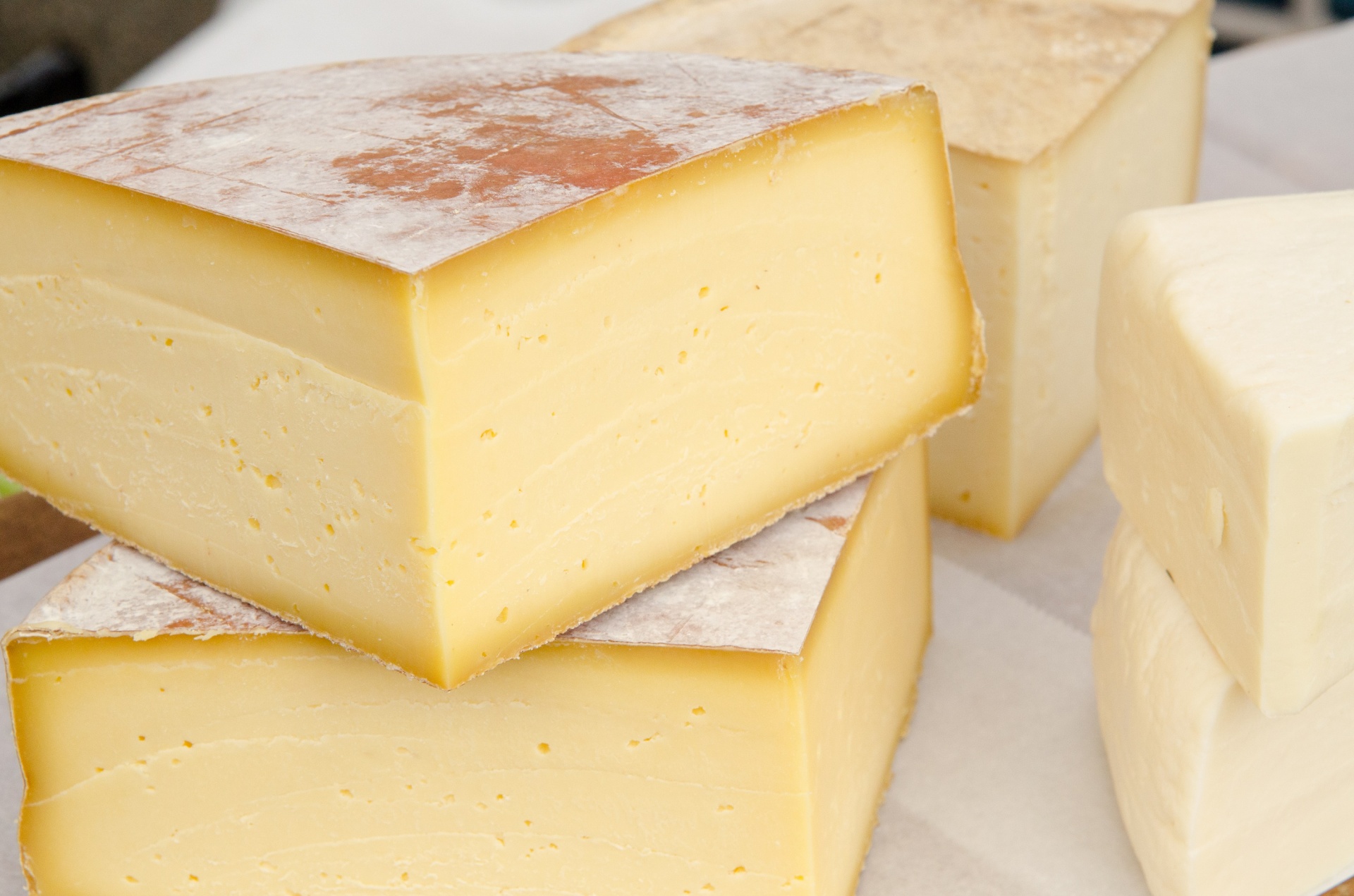
Cheese, with its varying textures and flavors, occupies a significant place in cuisines across the globe. However, for Muslim consumers adhering to a halal diet, the selection of cheese requires a discerning approach. Understanding which cheeses meet the halal standards is crucial for those wishing to maintain their dietary principles while enjoying this versatile dairy product. This comprehensive guide aims to unravel the complexities surrounding halal cheese, addressing common observations and exploring the deeper reasons behind the fascination with this culinary delight.
The concept of halal pertains to what is permissible or lawful in Islamic law. While it is often associated with meat and poultry, dairy products, including cheese, can also fall under this category. It is not merely a matter of whether an animal is slaughtered according to halal standards, but also involves consideration of the ingredients used in the cheese-making process. For instance, certain coagulants and flavor enhancers may contain non-halal substances that can render an otherwise innocent cheese unsuitable for Muslim consumption.
When evaluating whether a specific cheese is halal, it is essential to scrutinize the ingredients list. The primary coagulant used in cheese production is rennet, which typically comes from the stomachs of calves or other animals. If the rennet is derived from animals that have not been slaughtered in accordance with halal guidelines, the cheese is not halal. However, there are alternatives available to the cheese-making industry, including microbial or vegetable rennet, which do not pose this issue. Cheese made with these ingredients is generally considered halal-friendly and is gaining popularity among producers.
Another critical aspect to assess is the flavoring agents often added to cheese. Certain cheeses may include additives that are derived from alcohol or animals other than those slaughtered according to halal practices. For example, some cheese varieties may be bathed in wine or enriched with flavorings that are not halal. Consequently, it is prudent for consumers to seek certifications that verify the halal status of these cheeses.
Fortunately, many artisanal and commercial cheese producers are becoming increasingly aware of the demand for halal-certified products. As the global Muslim population continues to grow, artisans are recognizing the need for differentiation in their products. Halal certification is thus becoming a marketing tool, providing assurance to Muslim consumers that their dietary needs are being addressed. When exploring options, look for products that display a halal certification mark. This certification serves as a reliable indicator that the cheese has been manufactured in compliance with halal principles.
Cheeses that are typically found to be halal include varieties such as mozzarella, cheddar, and feta, provided they have been certified halal and free from non-compliant additives. It is also worth noting that many fresh, unaged cheeses tend to have simpler ingredient labels, making them easier to assess at a glance. Soft cheeses, like ricotta or cream cheese, can also be halal, but again, scrutiny regarding their production methods and ingredients is paramount.
The appreciation for cheese within the Muslim community transcends mere dietary laws. Cheese is a product characterized by its rich history and sociocultural significance. Traditional cheese-making practices date back thousands of years, and communities have long embraced the art of crafting cheese as both sustenance and a form of cultural expression. From the crumbly textures of feta found in Mediterranean cuisine to the gooey layers of mozzarella favored in Italian dishes, cheese represents a confluence of culinary creativity and cultural heritage.
Moreover, the admiration for cheese is underscored by its remarkable versatility. Cheese can enhance, transform, or uplift a dish, allowing for endless combinations and pairings. Furthermore, it serves as a point of connection—bringing together people to share food in communal settings. This shared experience is especially resonant within the Muslim community, where food is often central to social gatherings and celebrations.
Despite the intrigue surrounding cheese, challenges remain for consumers striving to navigate the complex landscape of halal dietary guidelines. The disparity in cheese products—ranging from mass-produced items to artisanal creations—offers a wide array of choices, yet complicates decision-making. Awareness and education play a critical role here, as Muslim consumers must arm themselves with the knowledge necessary to identify halal-friendly options effectively.
Another dimension to consider is the environmental impact associated with cheese production. Many Muslim consumers may be concerned about sustainable practices in farming and manufacturing. Ethical considerations, including animal welfare and environmental stewardship, resonate deeply within the community. Engaging with local, sustainable, and halal-certified cheese producers can bridge the gap between culinary enjoyment and responsible consumption, allowing consumers to feel satisfied with their choices.
In conclusion, selecting halal cheese is an intricate task that requires vigilance and discernment. While many types of cheese can align with halal standards, the onus falls on consumers to remain informed and examine ingredient lists diligently. Cheese-making is imbued with cultural significance, echoing the deep-rooted appreciation for food as a unifying force. Embracing halal cheese not only satisfies dietary laws but also allows individuals to partake in a culinary tradition with a rich tapestry of flavors and histories. As more producers emerge, dedicating themselves to sustainable and ethical practices within the halal framework, the future looks promising for cheese lovers within the Muslim community. The journey toward understanding halal cheese is not merely about consumption; it is about respect for faith, culture, and the art of culinary mastery.
